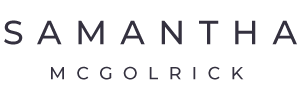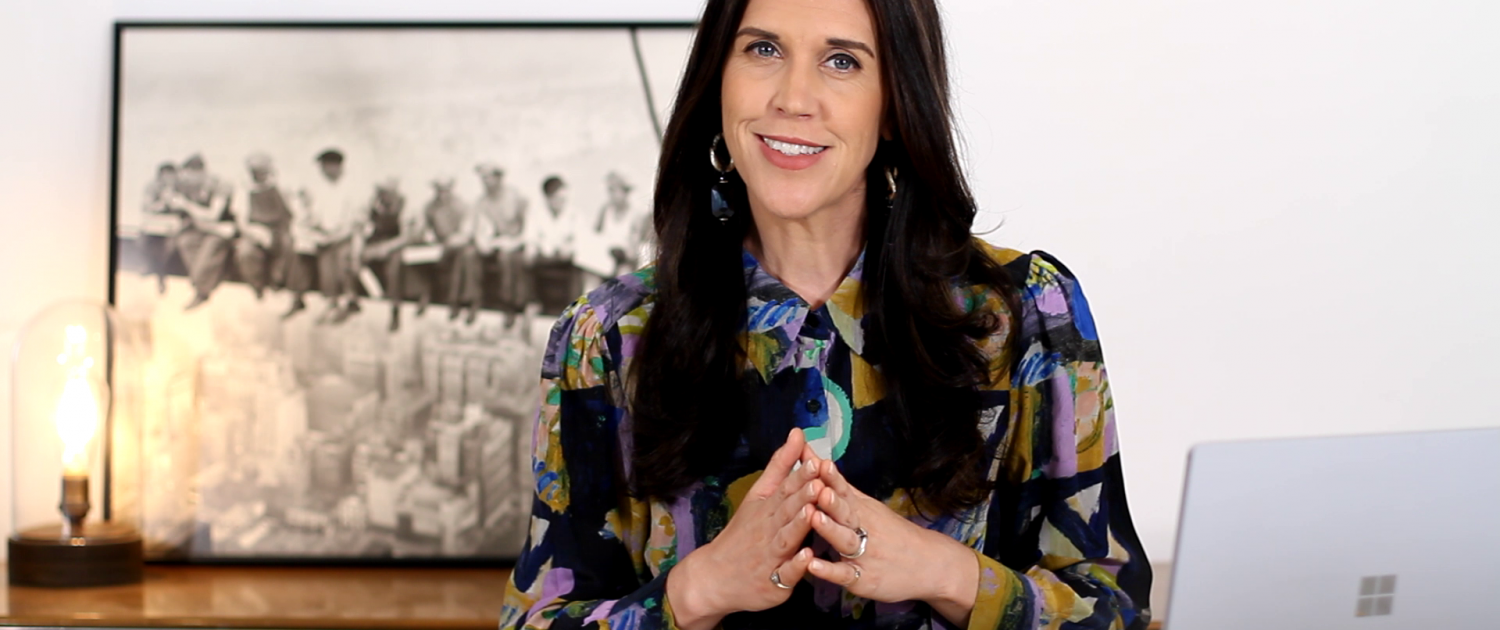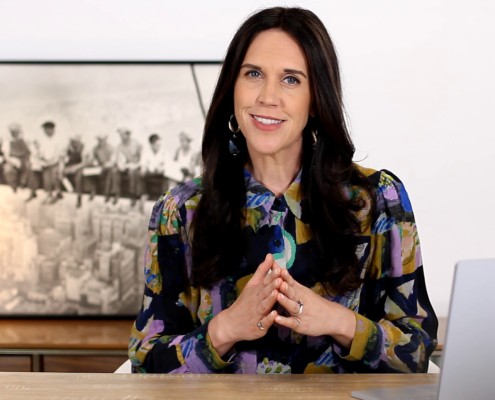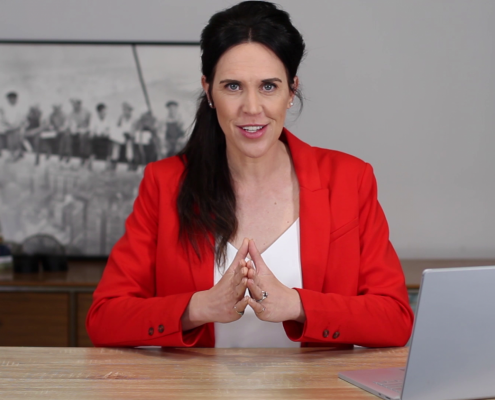If your board wants to ensure that members are open to learning from significant events that happen in other organisations so as to not miss red flags in their own, we need to revisit our paradigms, mental models, and mindsets and importantly, know which ones we can no longer rely on, because together these three phenomena can become an insurmountable and impenetrable barrier to change.
Following serious events like that at Dreamworld, Pike River mine in Greymouth New Zealand, the BP tailings dam burst in Bento Rodrigues, Brazil, or systemic failings of respect and dignity and loss of security and personal safety which is what you’re seeing in the breadth of sexual misconduct claims under the #MeToo movement or claims of serious bullying and harassment in the workplace, there is a strong desire for leaders to learn what happened, but “this is often coupled with an underlying need to find a particular quirk/practice which existed in that organisation which makes it different from our own – and therefore enables a quick and often false conclusion that will confirm our preconceptions that what happened there, ‘couldn’t happen here’” (Hackitt, J., 2013).
And this isn’t just for non-financial risks like safety, health and well-being, you could look at serious financial incidents like questionable accounting practices conducted by Enron, or the millions of fraudulent savings and checking accounts that were opened by Wells Fargo employees on behalf of their clients without their consent, or the charging of deceased clients at AMP Capital, or Westpac bank’s failure to prevent the breach of anti-money laundering laws.
The reality is that those issues that come to light through coroner reports, royal commissions or senate inquiries are often not dissimilar to what’s happening in many other organisations. Indeed, those were the words of the Chief Executive of AMP Capital after his company was exposed to having systemic failures of sexual harassment. He said the culture at AMP is not “significantly different” from any other large corporation. Now whether you choose to agree with his statement or not, our mental models, paradigms and mindsets play a significant role in whether we choose to learn from those organisations that have experienced failure or whether we choose to find that quirk or difference that makes our organisation exempt.
The risk of course of not learning from these events is that we don’t see similar archetypes, or patterns of behaviour that exist in our organisation or our system, and therefore we misread the red flags or we’re simply ignorant to how we might be contributing to something similar.
An extra layer to these three phenomena, paradigms, mental models and mindsets, that prevents us from learning from serious events like Dreamworld where leadership is dredged through the mud, is that we might have to admit that there are similarities between our leadership or our organisation to those who have failed before us … and that is uncomfortable to sit with; that is, to associate ourselves or our leadership with failure, particularly when people have lost their lives, but also amongst a society, media and regulators who are either seeking or being told find someone accountable.
I had a conversation with my uncle a few weeks ago when the media reported that poor handling of Victoria’s hotel quarantine arrangements for COVID-19 cases resulted in the death of 760 people. He was quite adamant, as was the media, that someone had to be held accountable and he was convinced that the person must be the person at the top, the Victorian Premier of course, and maybe this would be your line of thinking as well.
ACCOUNTABILITY VS LEARNING
But I’d ask you to consider this, our need to find someone accountable puts up many barriers to us actually learning, because seeking accountability doesn’t make people feel safe to speak up so that we can actually understand the more complex issues at hand and searching for accountability also makes it difficult, without getting your head chopped off, to propose that there may not be someone to blame or a root cause, we may just need to approach the situation differently and much more from a learning perspective that can help us address the system itself, not necessarily the actors in the system. Simply put, we want to understand why things are happening, not who is to blame.
So it’s not about getting rid of the Premier, or the Chief Medical Officer for that matter; that’s not going to change the result or prove that it would have been any different had there been someone else in charge – it’s really just a means to appease ourselves, society and prosecutors. Our need to find someone accountable would also make it difficult for another Premier, to look at that situation and admit that they would have made similar decisions had they had the same information, the same climate, the same relationships, the same routine behaviours and norms, or culture. And instead, we’ll go on in secret, if we do anything at all, to try and understand where our organisation might have similar issues, and that is the most inefficient way for us to learn from failure.
But this happens far too often, heads roll, leaders depart, board members step down, and we’re told this new leadership is going to be the answer to the previous problems. But it’s a bandaid solution if we’re not addressing the system itself.
OUR WORK IS NOT SIMPLE
Our world is complex, everything is interconnected, what you do here, will affect something else over here. This makes societal challenges and organisational challenges complex. The moment you hear “All we need to do is [fill in the blank] and everything will be fine”, or “The problem is we need more (sales staff, revenue)” whatever it is, let your ears perk up. Think about systems and that nothing is ever that simple. In fact, there’s a rule of thumb in systems thinking that says “there are no simple solutions”. Real-life systems are big, messy, complicated things, with problems to match. So genuine solutions require careful thought for their effect on the whole system.
My conversations with board members continue to highlight the board’s ongoing interest in how to influence culture, perhaps more specifically their frustration of not being able to influence culture. But here’s the thing, I have found this frustration is because we don’t have enough appreciation or understanding of systems thinking. But systems thinking is the ticket to systemic or cultural change in complex systems.
And please don’t think that complex systems don’t apply to you and your organisation, because it’s not that your company is complex in terms of its organisational structure; large multinational corporations to small and medium-sized companies all work in complex systems that require a different level of thinking – systems thinking.
SYSTEMS THINKING IN THE BOARDROOM
In general, a systems thinking perspective requires 5Cs: curiosity, clarity, compassion, choice, and courage. It’s the willingness to see a situation more fully, to think compassionately, instead of seeking accountability, to recognize that everything is connected to everything else, to acknowledge that there are often multiple interventions to a problem, and to champion interventions that may not be popular.
Systems thinking is a paradigm shift for many people. We all to some degree understand that things are connected to other things, but systems thinking is going to help you avoid trying to find that quirk or difference that makes your organisation unique to those experiencing failure and therefore help you to see the red flags, to be proactive, and to avoid all the inefficiencies that fixing a systemic problem with a band aid solution ultimately costs you in the end. If you can nail systems thinking in your boardroom, it’s an absolute value add to your organisation and to your bottom line, and not just from the prevention of adverse outcomes, but from the creation and innovation that systems thinking brings to the surface.
Systems thinking in our boardrooms often involves moving from observing events or data, to identifying patterns of behavior overtime, to surfacing the underlying structures that drive those events and patterns. By understanding and changing structures that are not serving us well (including our mental models, paradigms and mindsets), we can expand the choices available to us and create more satisfying, long-term solutions to chronic or systemic problems. Simply put, we can make a bigger impact.
As always, I hope this has helped you in your quest to know What to Ask and When to Act.
Be brave and stay true to your commitment to lead from the heart and I am confident you will reap the rewards.
All my best
-Sam
Welcome!
I’m Samantha
I help board members succeed in the boardroom and make a positive impact on the health, happiness and resilience of society through their effective leadership and governance of safety, health and well-being.
RESOURCES
YOU MAY ALSO LIKE…
FEATURED CONTENT
[text-blocks id=”4249″ plain=”1″]








Let us know what you have to say:
Want to join the discussion?Your email address will not be published.